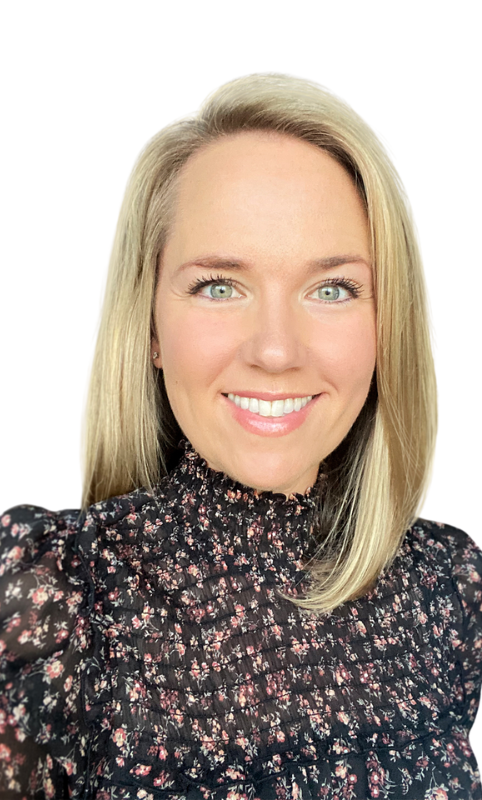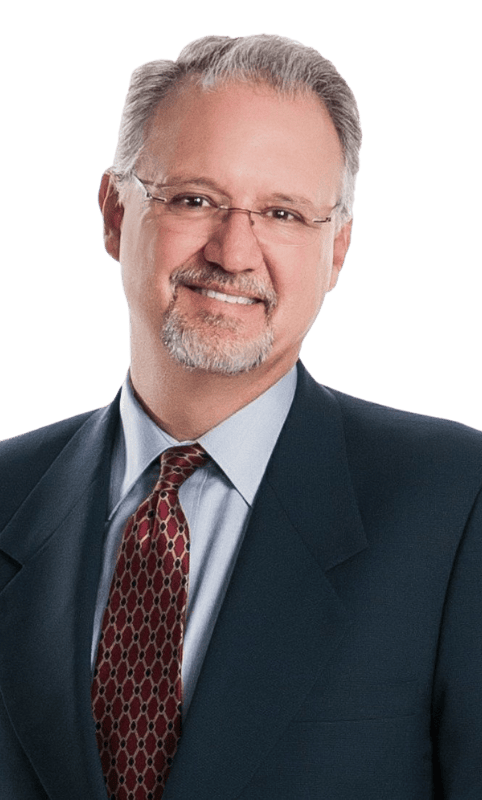There’s a famous scene in the movie, Indiana Jones and the Last Crusade; you probably remember it. Jones, the adventurous archaeologist, must pass three tests to gain access to the cave that houses the Holy Grail. His last test, the hardest, is to take a step of faith. He can see the opening to the cave where the Grail is, but it lies on the other side of an apparently bottomless chasm. Standing on the edge of the drop, Jones can’t see any way across. Then he realizes that he must step out, taking a leap of faith. He steps out into what looks like a void, but his foot finds a bridge that was previously invisible. Taking one step, then another, he crosses the bridge and ultimately completes his quest.
In a lot of ways, the quest for financial security also involves moving forward, even when the way isn’t easy to see. Helping clients take those “leaps of faith” in order to reach their desired goals is perhaps the most important job we have as financial planners and wealth advisors. Our clients rely on us to know where the path lies and to help them stay on it. Of course, a relationship like this requires a lot of trust, both from the client, who must have confidence in the guidance being provided, and in the advisor, who must believe in the client’s commitment to “stay the course” and reach the goal.
But when you’re trying to make a decision about which financial planner you should choose to provide this crucial guidance, how do you know who you can really trust? We’ve written before about the importance of working with a fiduciary financial advisor who is ethically bound to place the clients’ needs ahead of everything else. But these days, lots of different types of professionals can claim to be financial advisors. If just choosing someone with the “right” title isn’t enough, how can you know you’re making the right choice?
Here are some important questions you can ask of anyone you are considering. As you reflect on these questions and the rationale behind them, you may be able to bring the issue of trust into clearer focus.
- Are you a fiduciary? The word “fiduciary” carries an important meaning: it literally implies that a relationship of trust exists. To act as a fiduciary toward another person or entity is to act in a manner that keeps that person or entity’s best interests foremost at all times. A financial advisor who subscribes to a fiduciary standard in relationship to clients is ethically obligated to place the client’s interests ahead of everything else.
- How are you compensated? This question might seem rude or presumptuous, but it’s actually an important thing to know. The way a professional is compensated for providing their service can help determine the sort of service you can expect. Some financial professionals are compensated only by commissions earned from selling particular products or services. Others are compensated by fees paid by their clients. Some professionals are compensated by some combination of both. An advisor who is a fiduciary should be able to tell you clearly and in understandable terms how they are paid for the services and products they provide. If the client must pay a commission or fee for a product or service, that should be clearly indicated—usually in writing—before any transaction takes place.
- How will you decide what sort of financial plan I need? In order to meet the fiduciary standard, a professional, fiduciary financial advisor will spend time with you, asking questions and learning about your circumstances, your goals, your resources, your family, and anything else that could impact or influence your financial needs. Only after gaining a thorough understanding of your overall situation and priorities will the advisor make recommendations or develop a financial blueprint for your consideration. You should expect to have all your questions answered clearly, in plain language, and you should be informed in writing about any expenses or fees involved in implementing the advisor’s recommendations. Only when you are completely satisfied and informed will the advisor be ready to proceed with putting the plan in place.
- What sort of follow-up can I expect? Because a fiduciary advisor is committed to each client’s best interest for the long haul, you should expect regular, systematic follow-ups with the advisor. Based on changes that may occur in your circumstances or needs, your advisor may periodically recommend changes needed to keep the plan working for you as it should. You should also expect the advisor to return calls or provide requested information in a timely and professional manner.
Mathis Wealth Management is a fiduciary financial advisor and wealth manager. Our business model is built on trust, and our fiduciary commitment requires us to place our clients’ best interests foremost. If you are searching for an advisor you can trust, please visit our website to see how we work with clients to create solid financial strategies.
”












